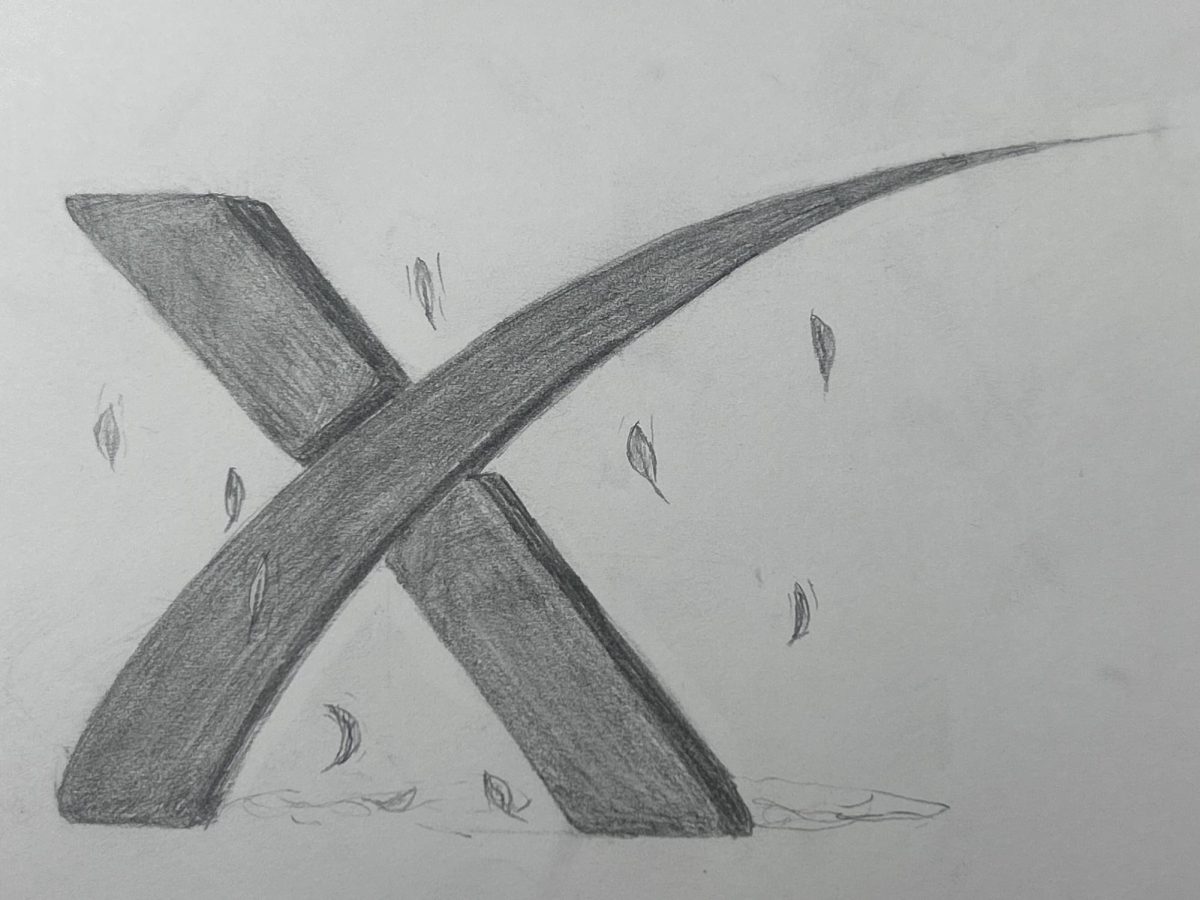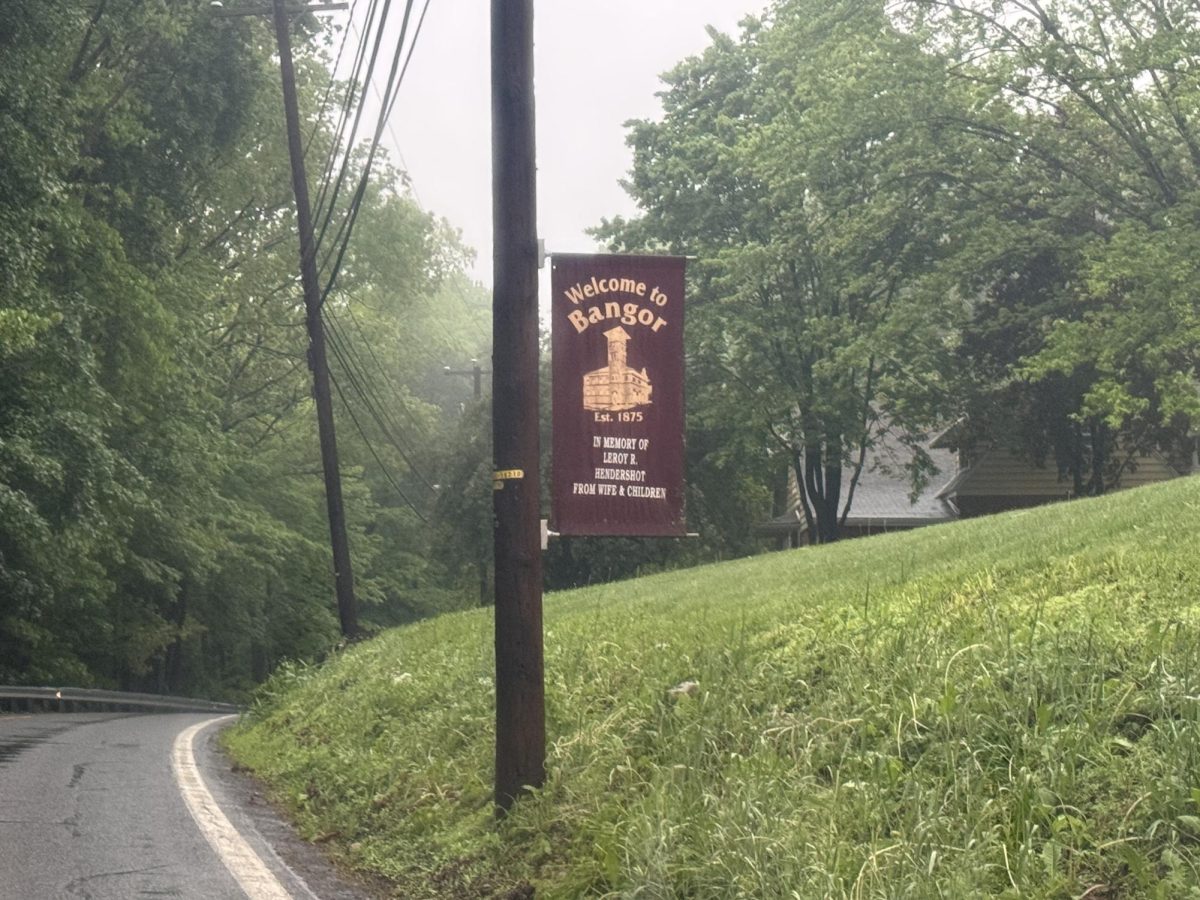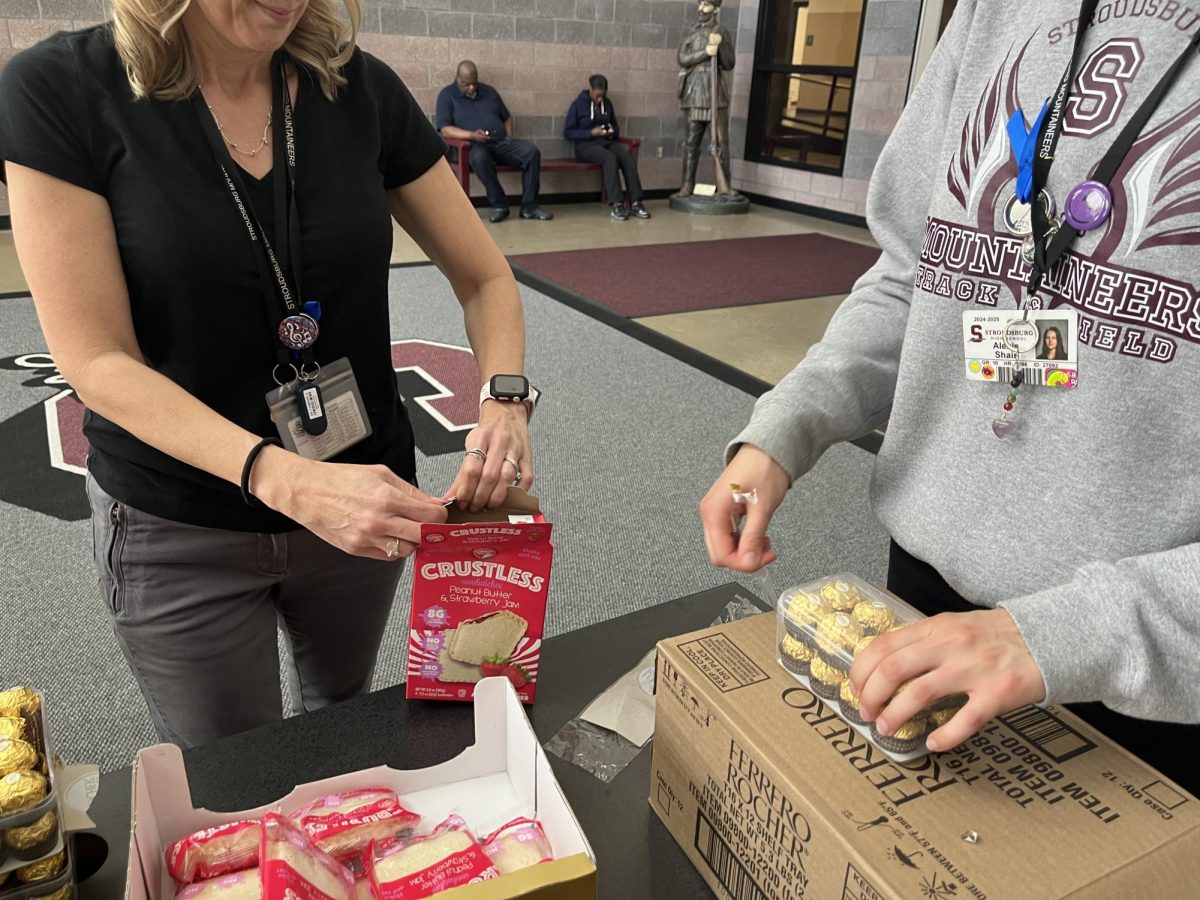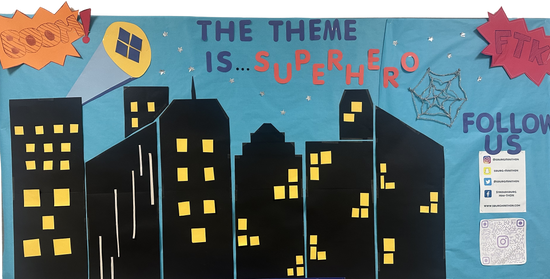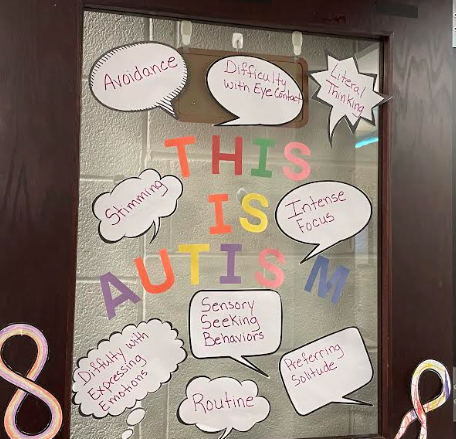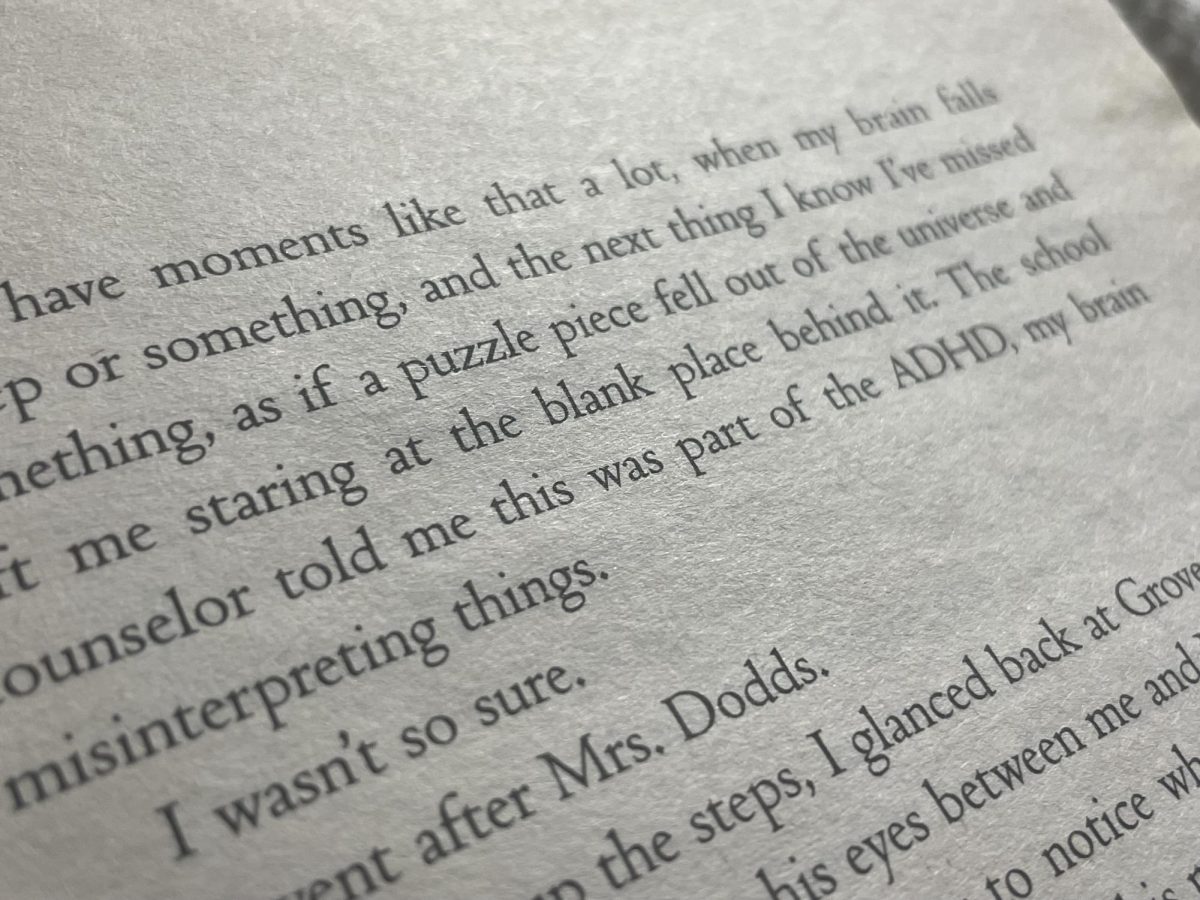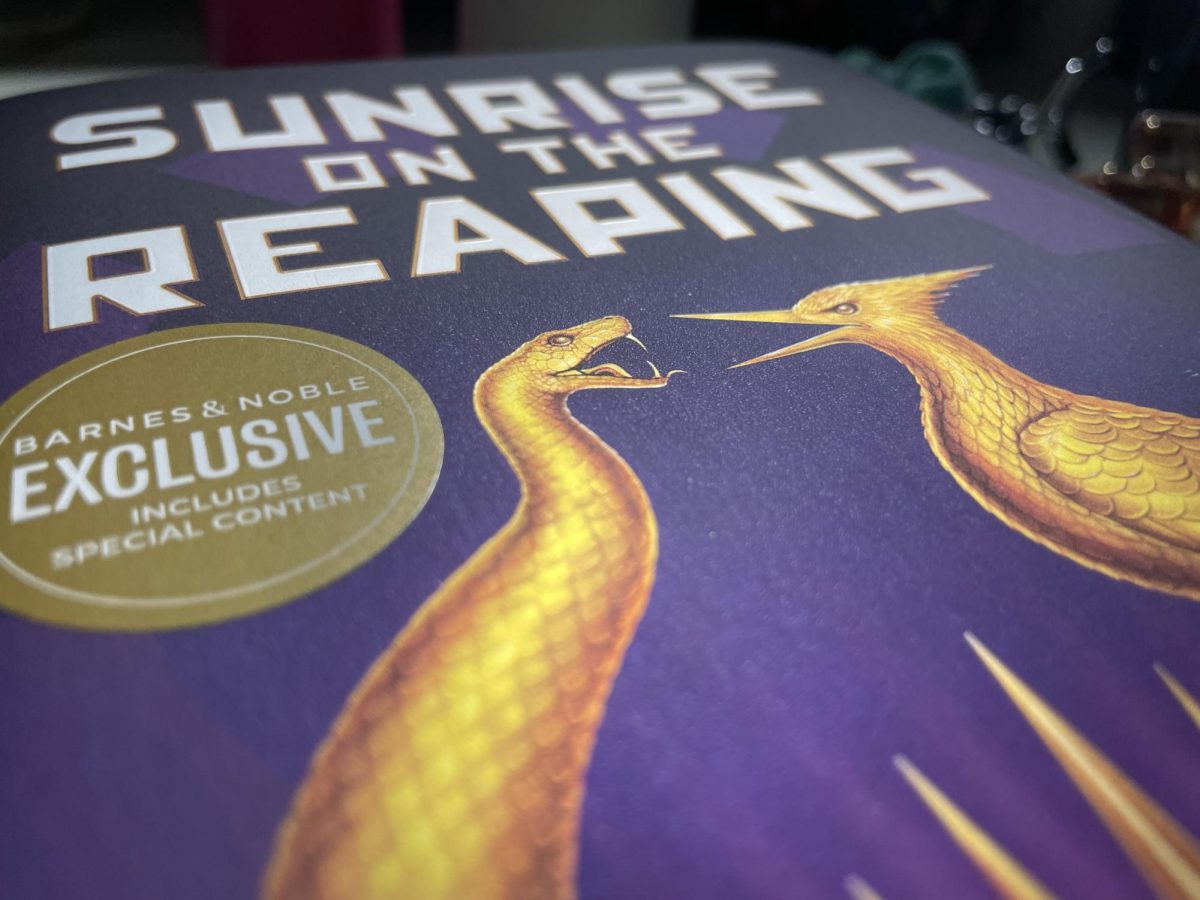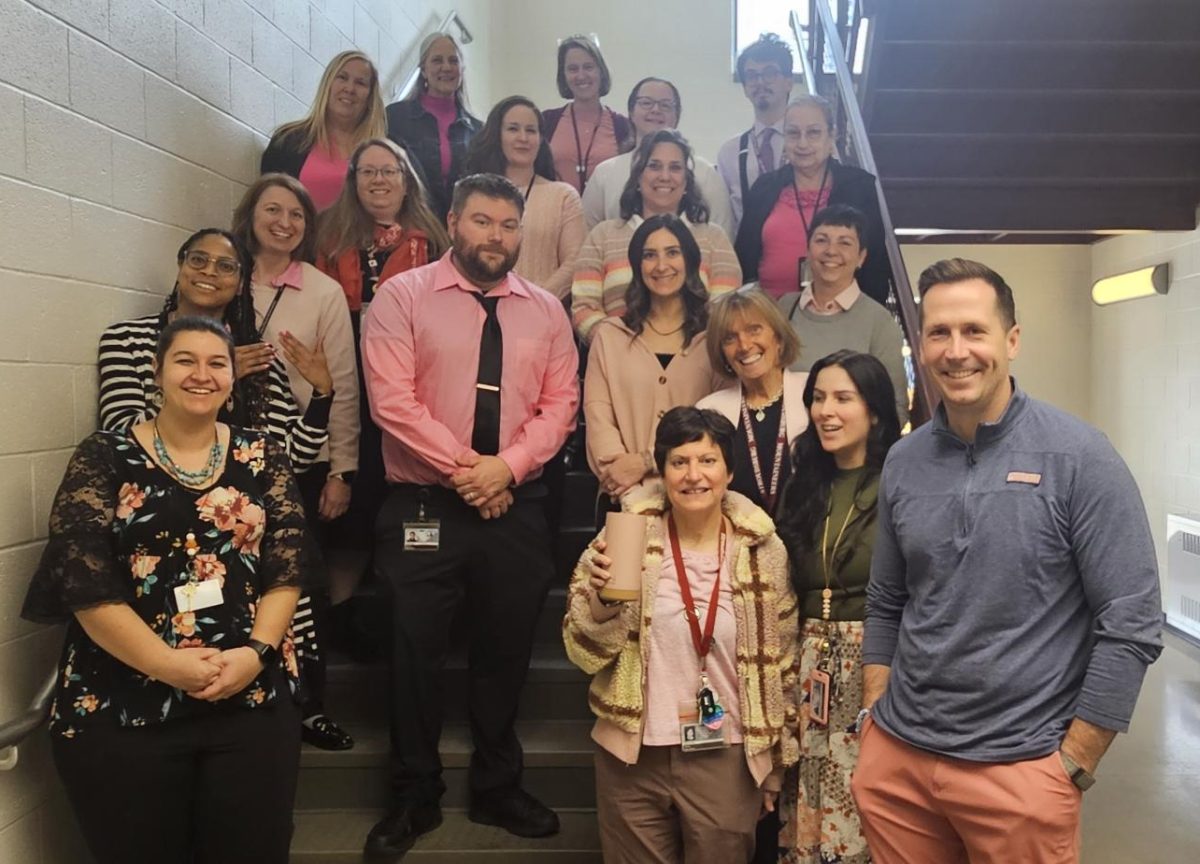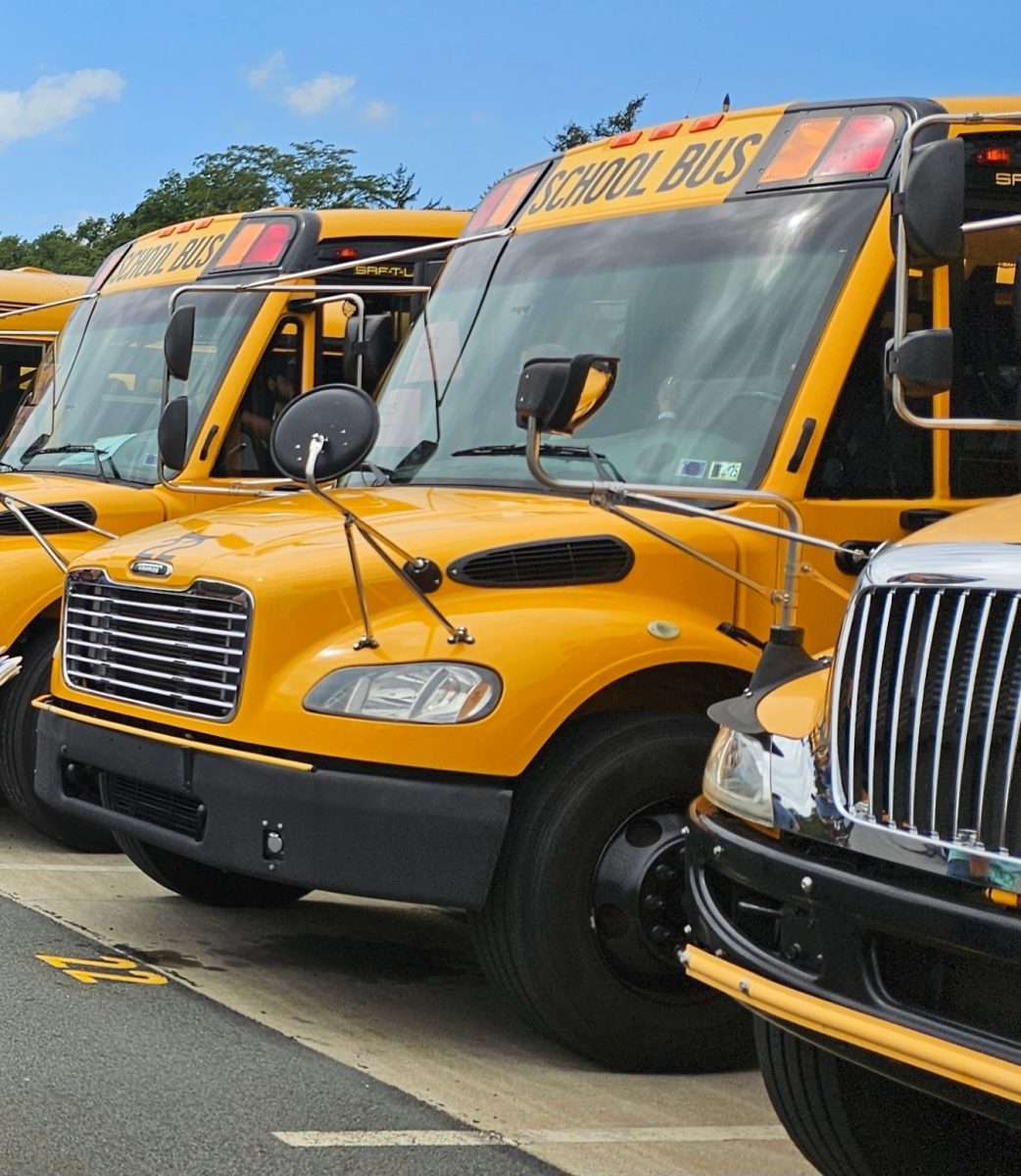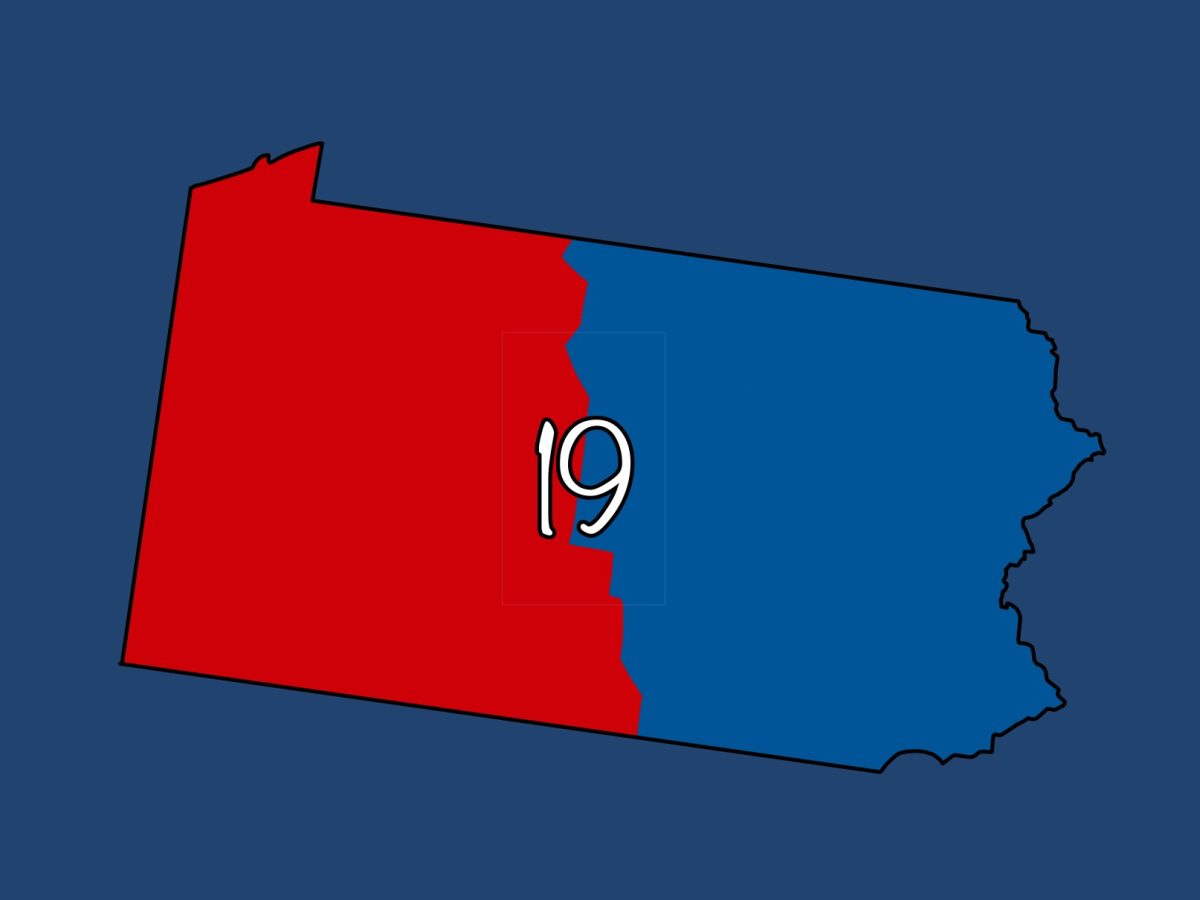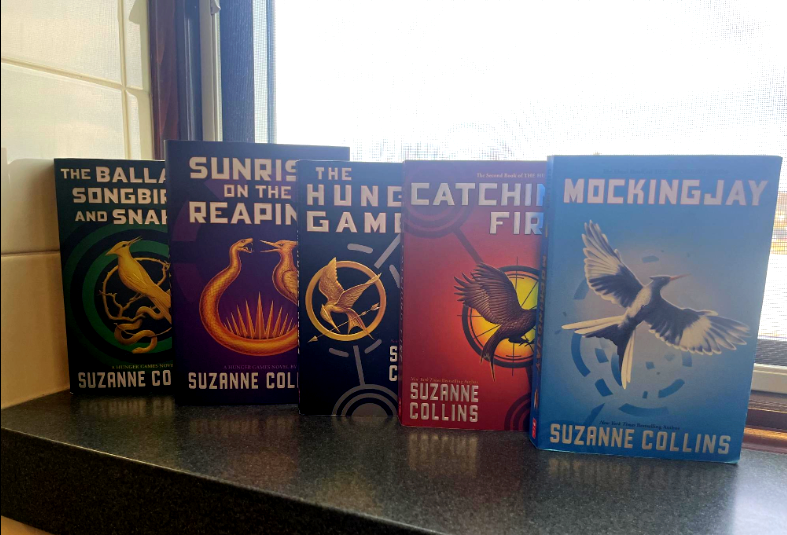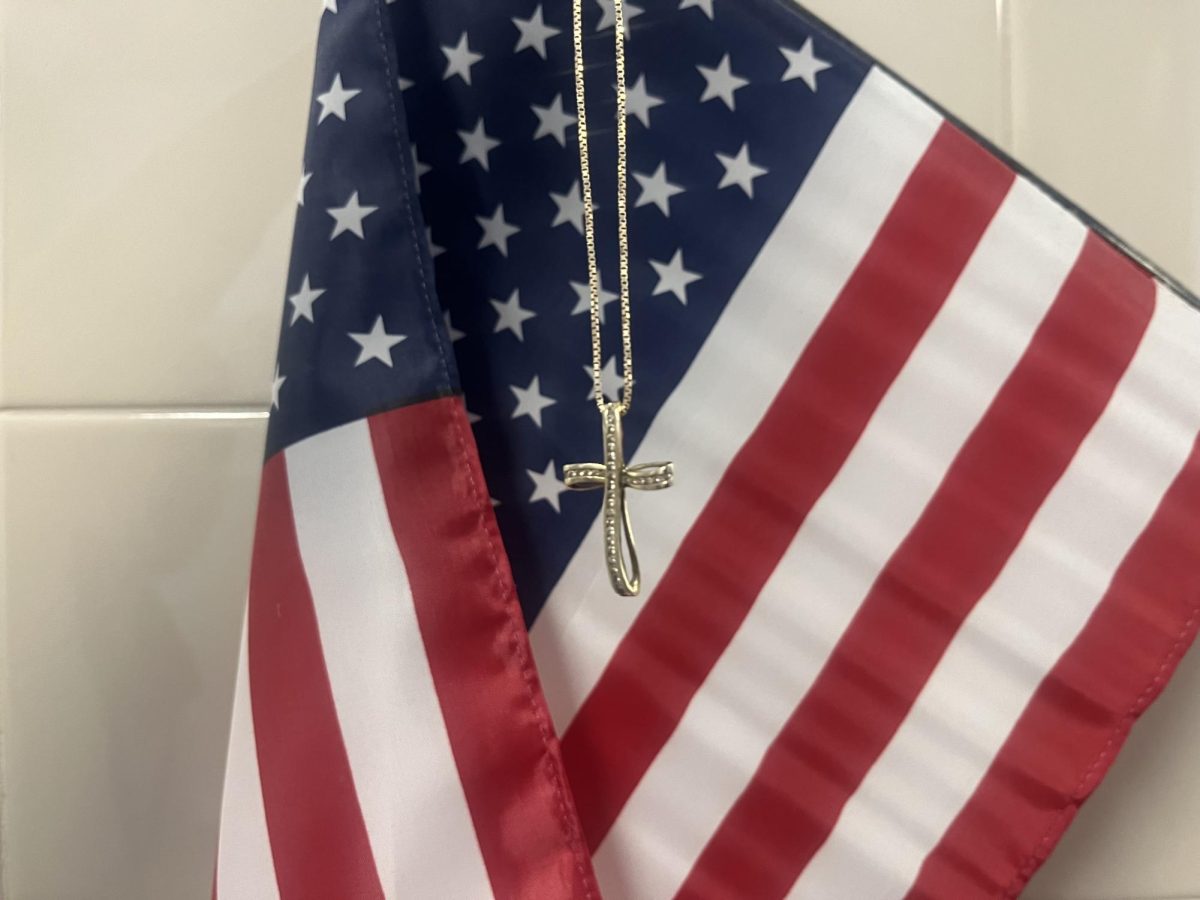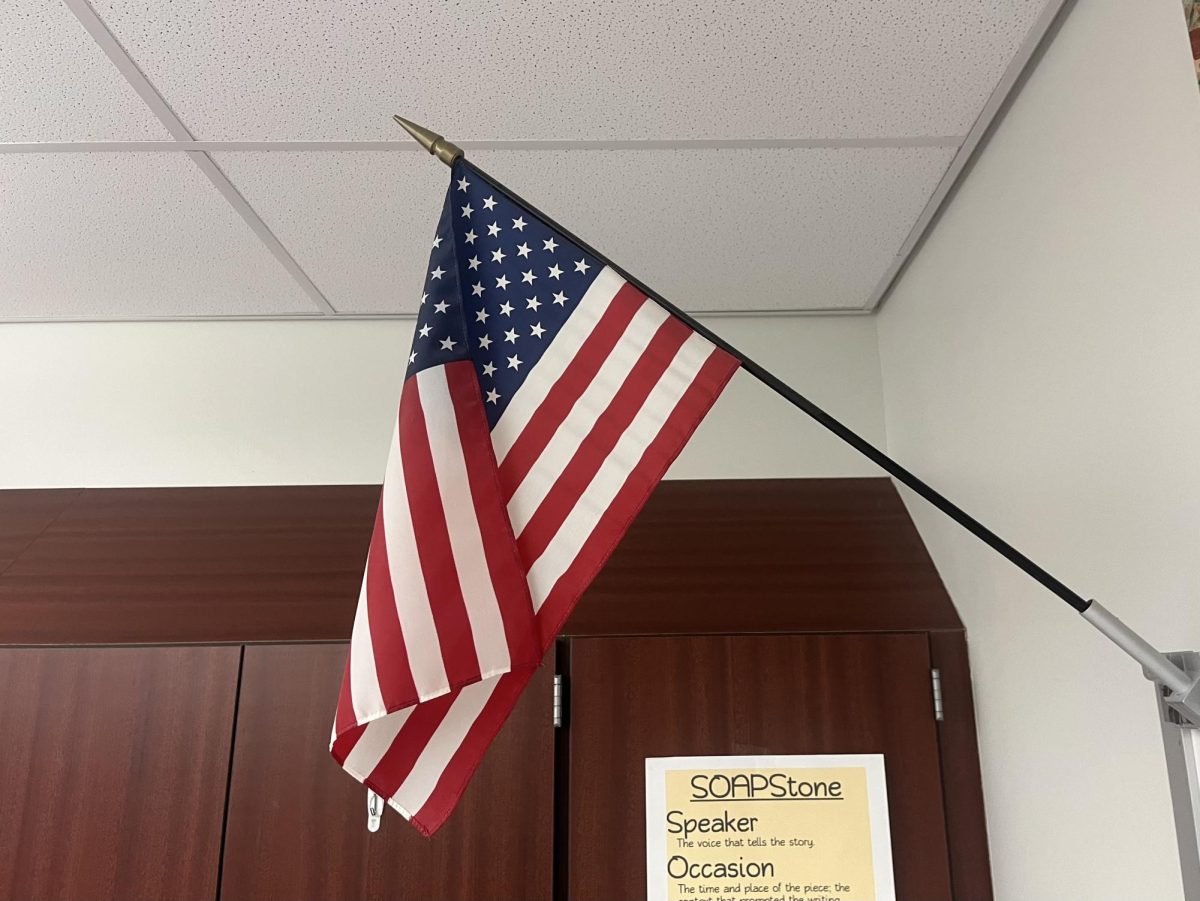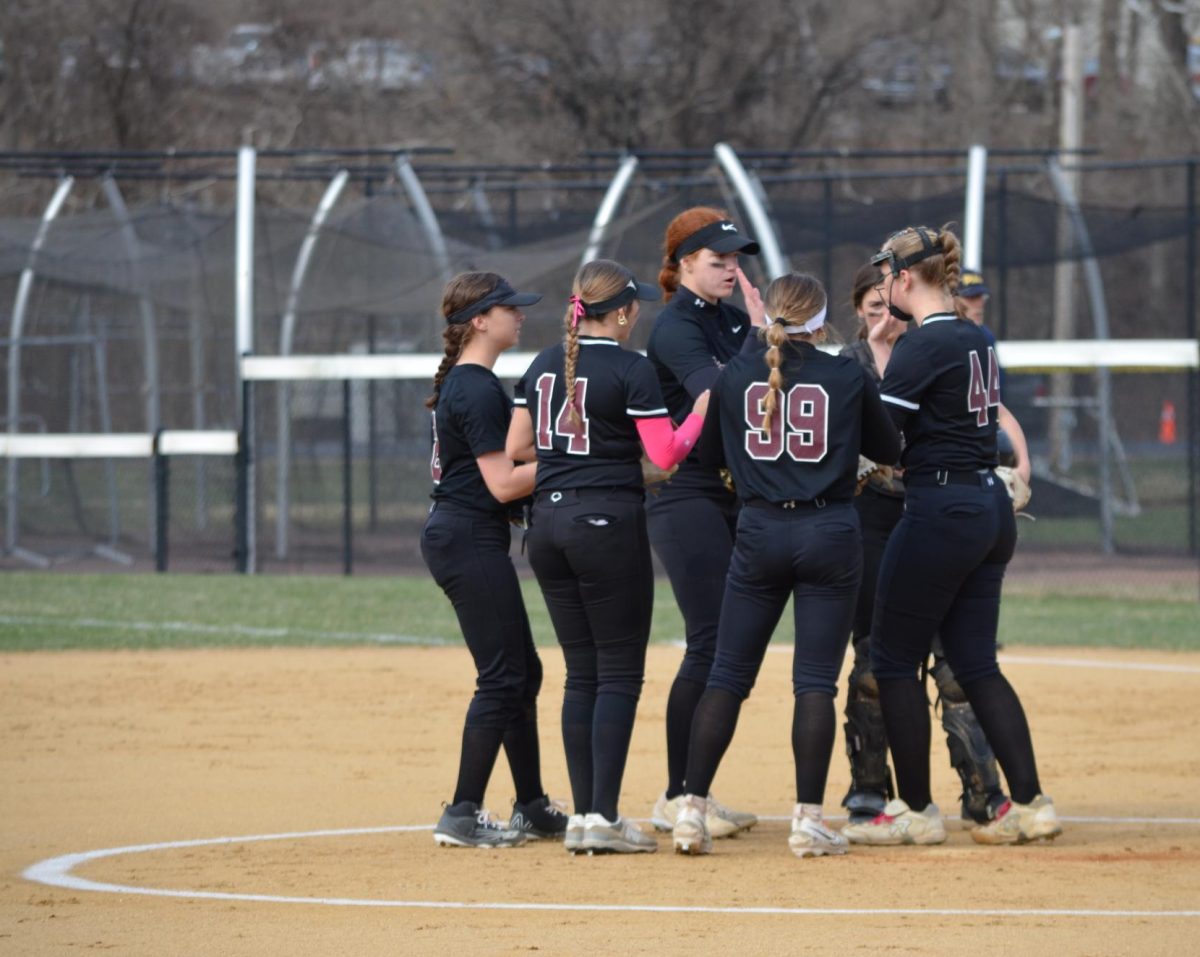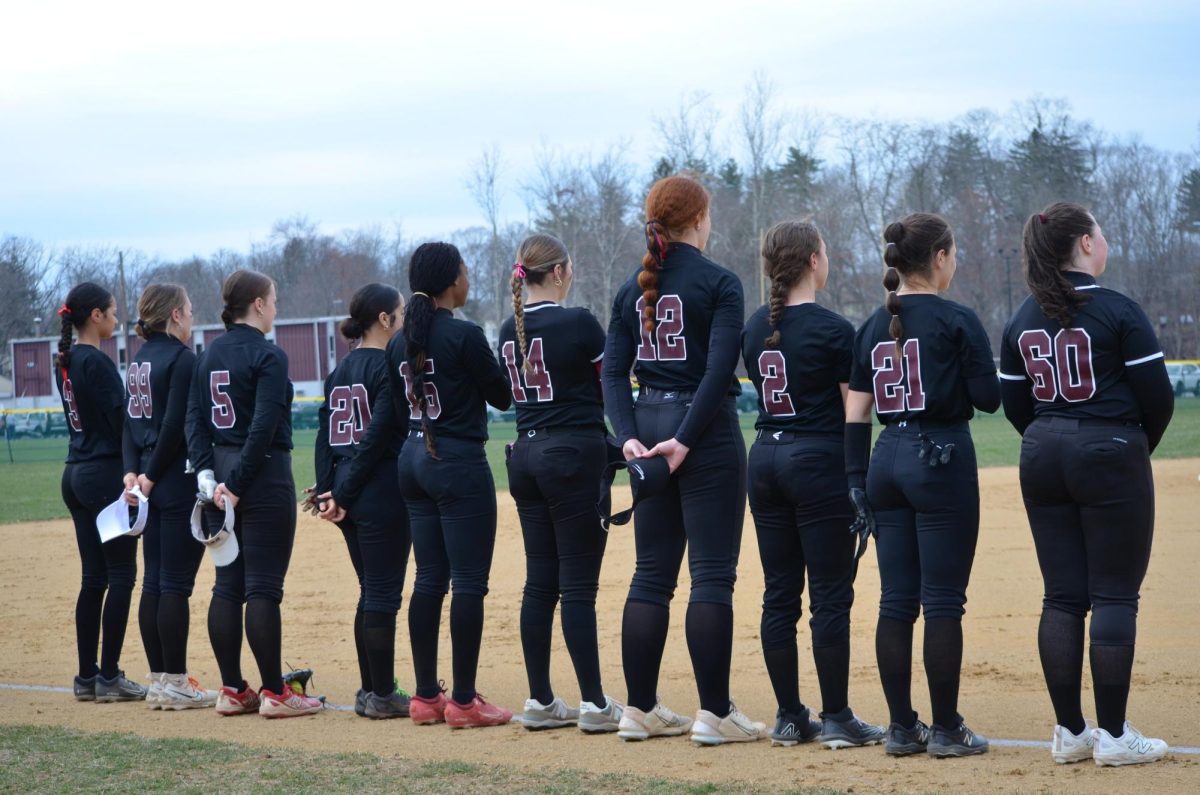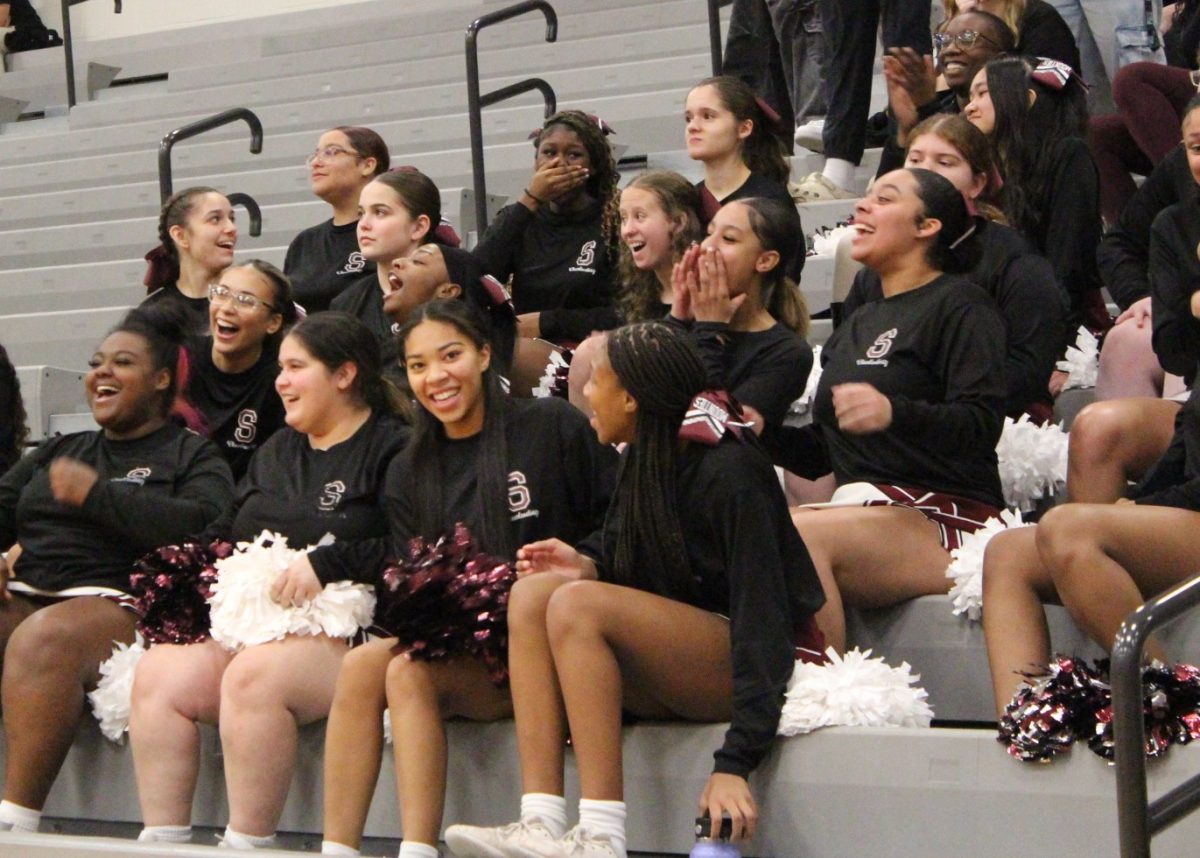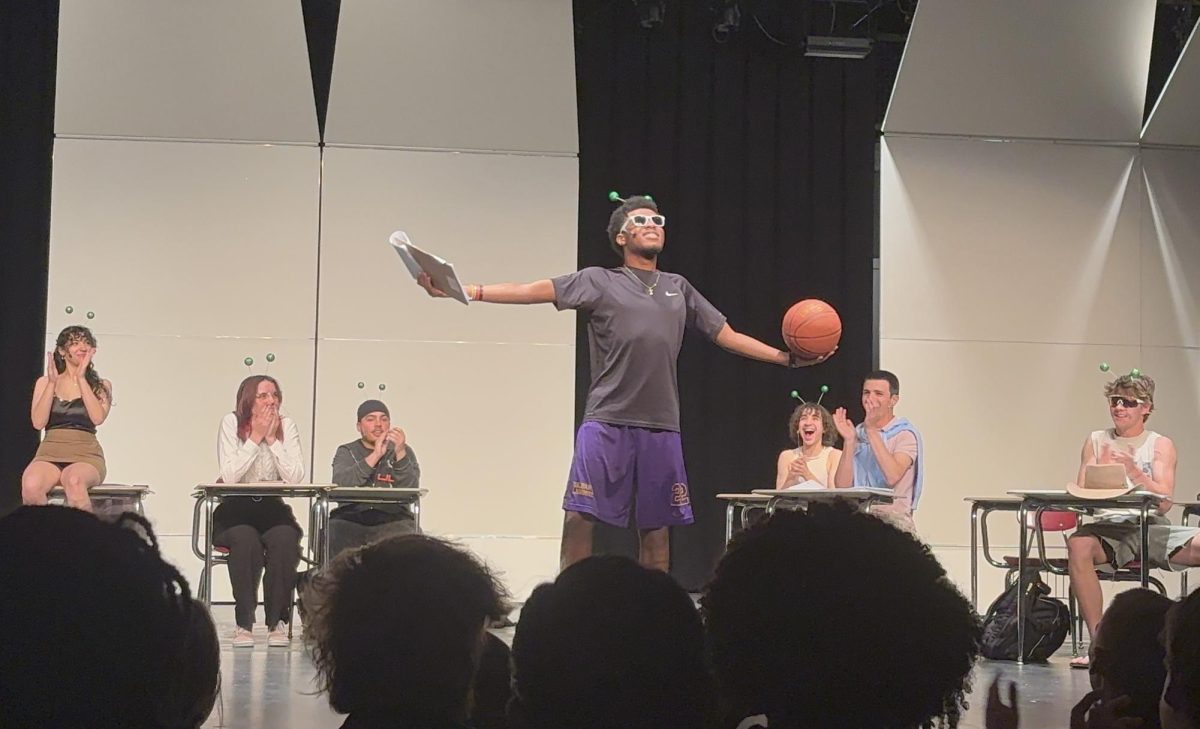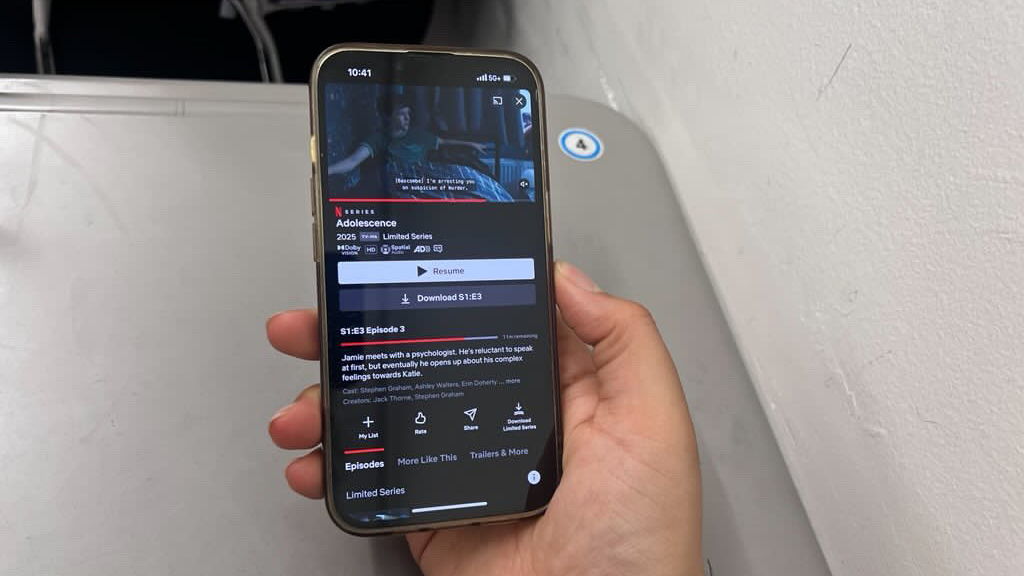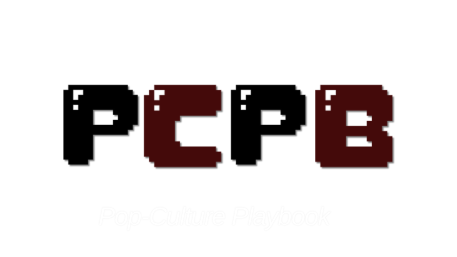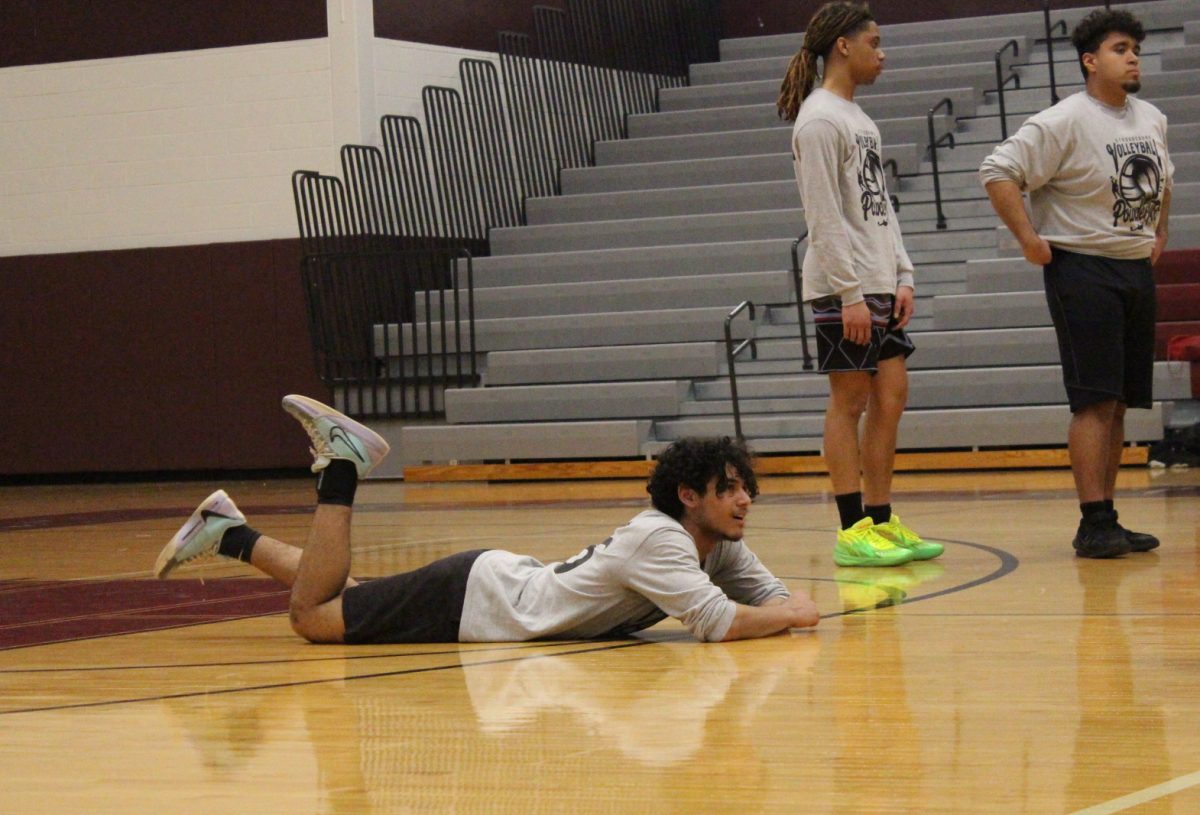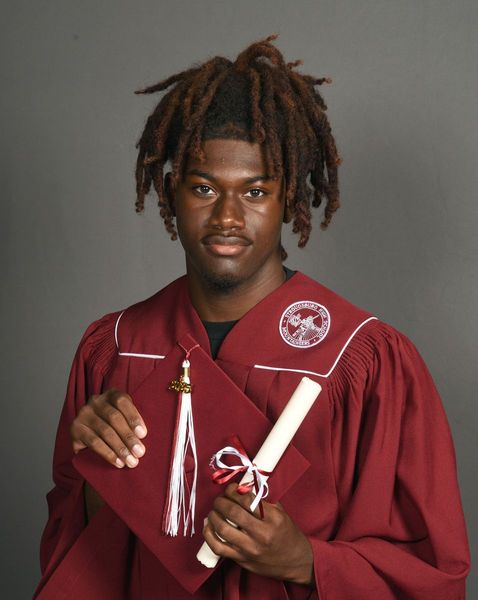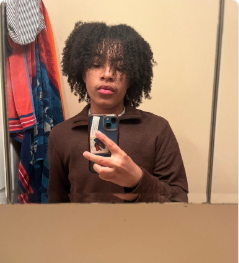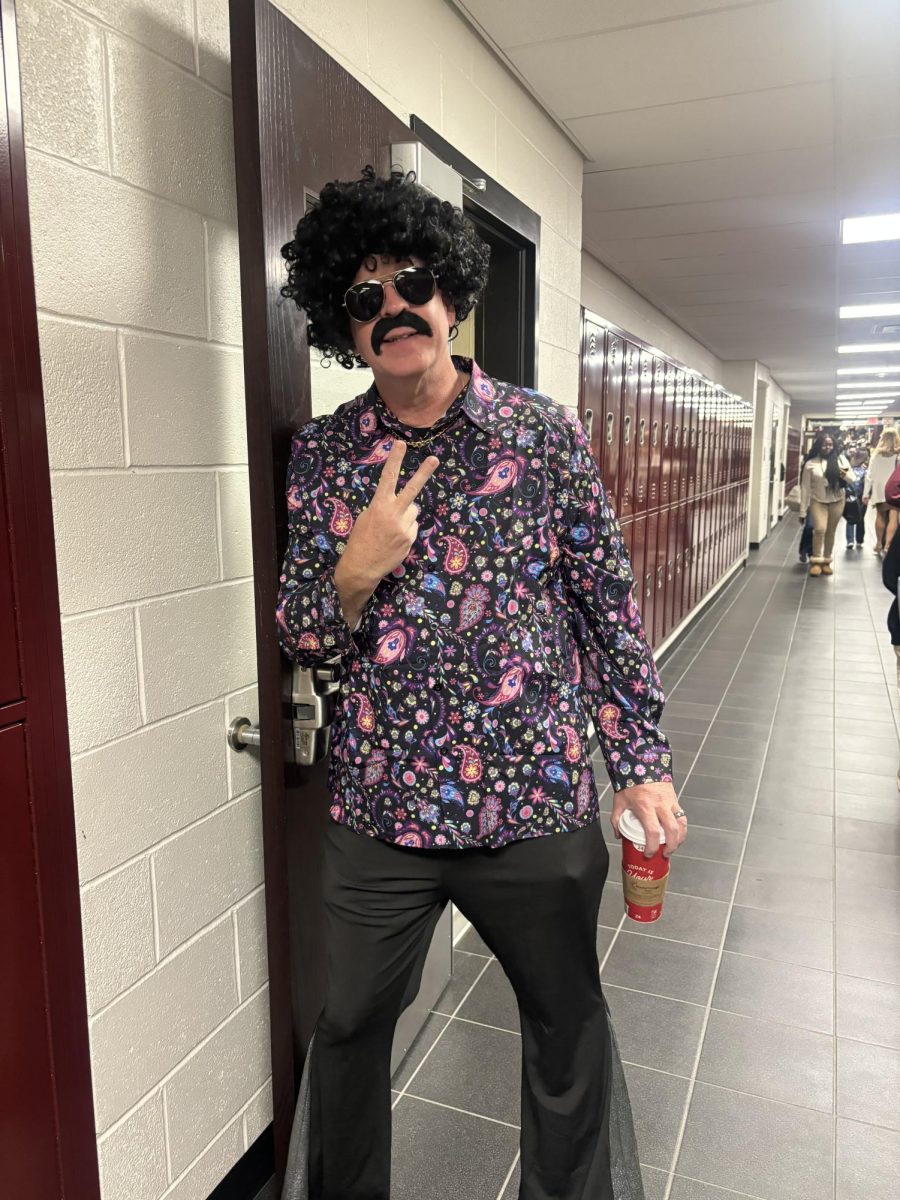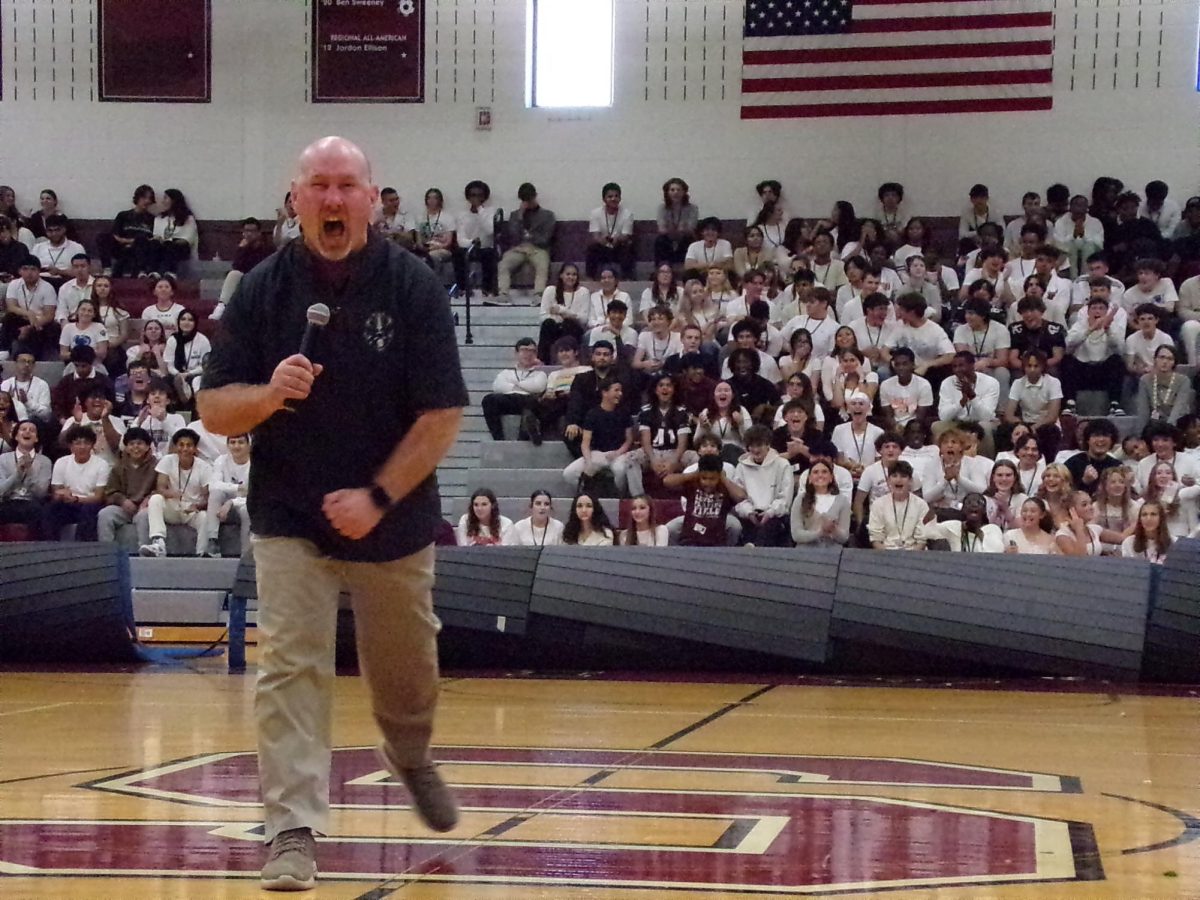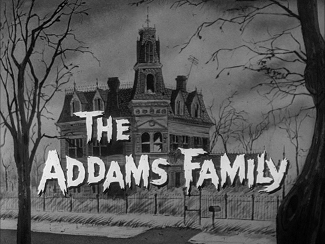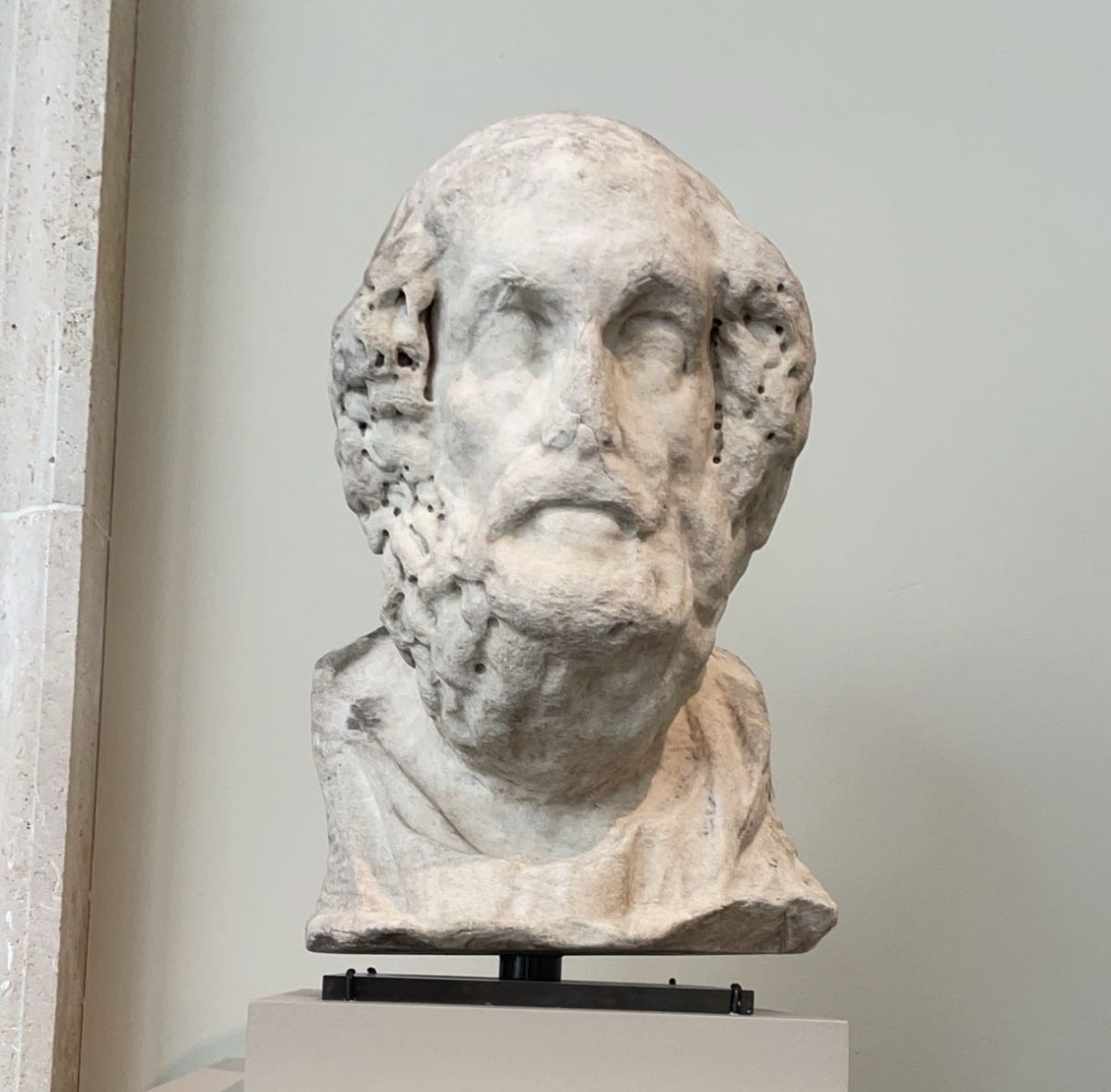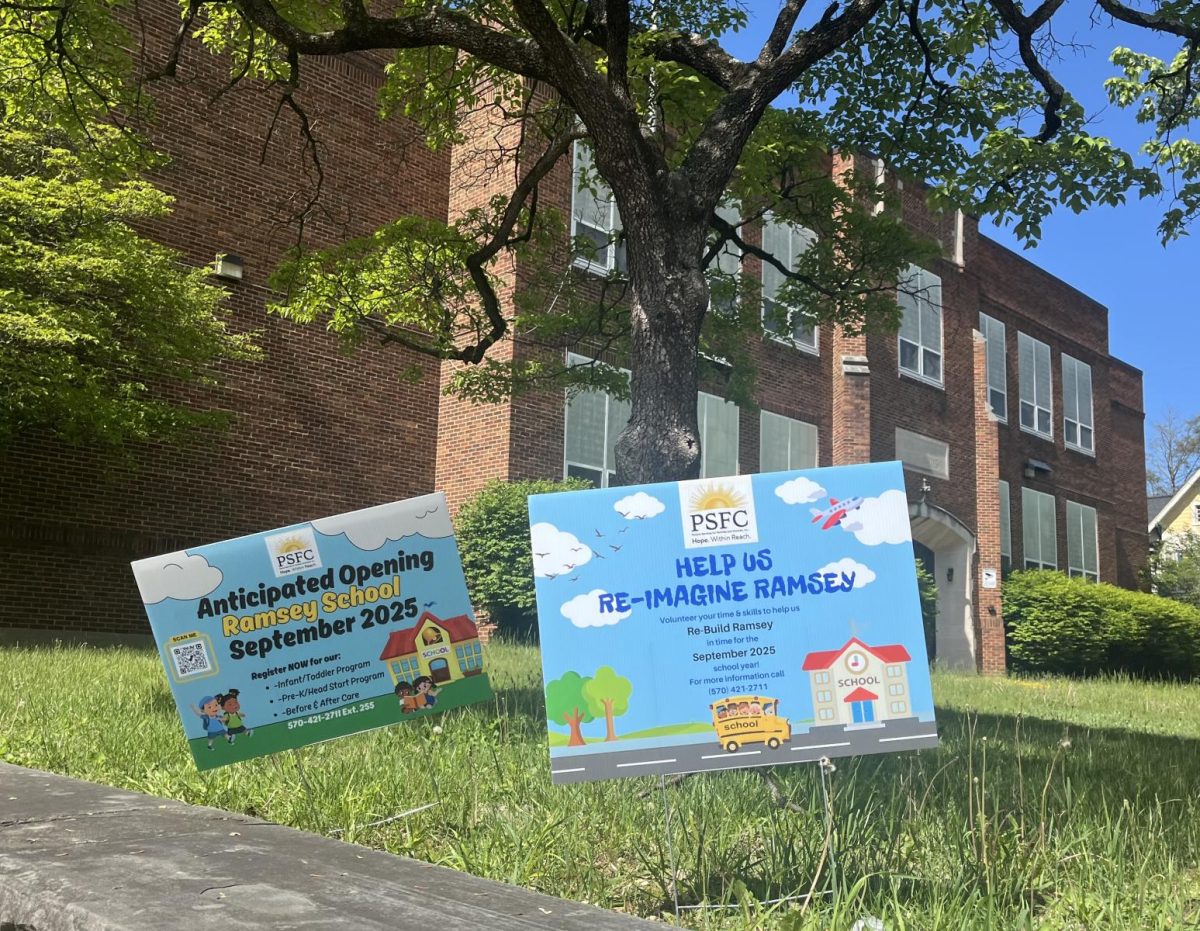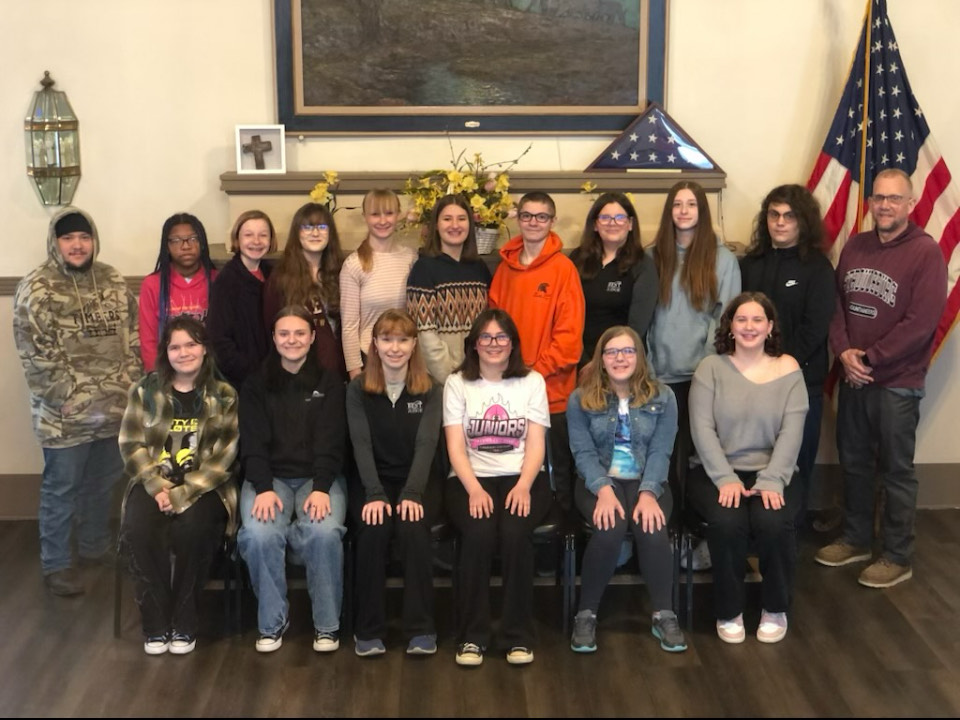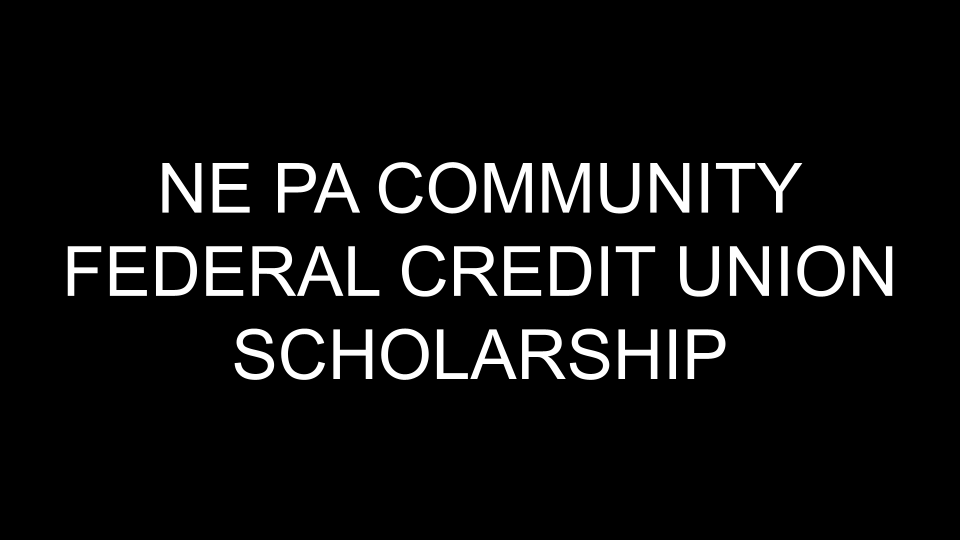Book bans are getting a life of their own ever since 2021, taking on the US with a tight fist. Florida had more book bans in 2023 than any other state nationwide. According to Pen.org, from July 2023 to December 2023, 4,349 books were banned, and 3,135 were in Florida. In 2023 alone, Ala.org found that 17 states attempted to ban books, including our own Pennsylvania.
The book ban restricts certain book topics from being accessible in the general public. Most of the time, it is administered by the government. They do this by removing it from public and school libraries, physically destroying copies, or making owning the book illegal.
Florida decided to ban books that are sexually explicit toward students. Parents did not want their kids to learn about materials that contained “sexual conduct.”
Earlier this year in January, Pen America came out with a list of all the banned books in Escambia County, Florida, and the list had over 1,600 book titles.
One month later, rumors were flying about book bans, and the Governor of Florida, Ron DeSantis, tried to settle them. He reaffirmed his support of the bill he passed two years earlier, HB 1467, in 2022 despite causing conflicts in school districts.
Democrats warned DeSantis and other Republicans that the bill, which gave the public access to what school learning materials were and the ability to object to them if they didn’t approve of them, would cause chaos to the state.
According to AP News, DeSantis was insistent on the book ban because he didn’t understand how some people were opposed to classic books such as “To Kill a Mockingbird” and “Of Mice and Men” but were fine with “Gender Queer: A Memoir,” which portrays children doing sexual acts through cartoons, and “Lawn Boy” which contains detailed passages about pedophilia.
Both books were reviewed by magazines and online newspapers like The School Library Journal (SLJ) and The Washington Post. SLJ commented that “Gender Queer: A Memoir,” was “a great resource for those who identify as nonbinary or asexual as well as for those who know someone who identifies that way and wish to better understand.”
The author of “Lawn Boy,” Jonathan Evison, told the Washington Post that his book was meant for adults. He commented on Washingtonpost.com that if schools wanted to allow their students to read it, they should let the older kids read it since “nobody below a teenager is ready for that book.” He also clarified that the passage that was supposedly talking about pedophilia was in actuality an adult remembering a sexual encounter from fourth grade with another fourth grader.
Back in 2021, Evison even wrote an essay, found on Hachettebookgroup.com, trying to explain the hate he was getting about his book from his point of view. He argued that people were approaching his book wrongly and not being fair.
This didn’t stop DeSantis when he signed the bill that allowed parents to object and ban hundreds of books in 2022. In February 2024, when DeSantis admitted his bill was causing many issues in Florida, he added that people were taking things too far with the challenges (attempts to restrict specific books) against books.
Flgov.com stated DeSantis called on the Legislature “to make necessary adjustments (to the bill) so that we can prevent abuses in the objection process and ensure that districts aren’t overwhelmed by frivolous challenges.”
In April 2024, Cnn.com wrote about DeSantis amending his bill by saying that a Florida resident without children can only object to one piece of material a month. The amendment, which went into effect on July 1, did not mention any limit on challenges for parents.
After the amendment went into effect in July, Alligator.org quoted Sarah Rockwell, a Florida School Board member in Alachua County, who said she tried to read every book that was challenged before the board meetings, but she never had enough time and was frustrated with voting on a book that she hadn’t read.
She elaborated that another reason she was uncomfortable with not reading the books is that sometimes the allegation against the book didn’t match the contents of the book.
Nytimes.com wrote an article about Lauren Groff the owner of the bookstore The Lynx, in Gainesville, Florida, who had the idea to put the banned book titles on display. This bookstore also hosts a Banned Books Book Club every month.
People in the club concluded that kids should be able to read what they want and if they have questions, parents should be open to helping them understand certain topics.
Laurie Halse Anderson, author of Speak, said it best, “Censorship has nothing to do with protecting children. It has everything to do with protecting adults who don’t want to have difficult conversations with those children.”
Her book contained information crucial for educating readers about the lives of victims of rape and sexual assault.
Most recently, famous author, Stephen King, was added to the banned list.
Earlier this September, when Stephen King found out 23 of his books had been banned in some Florida school libraries, his reaction was justified: “What the (expletive)?”
Since the Florida government denies “banning” books, but simply getting rid of inappropriate books, they won’t classify “book banning” as a problem. Florida supports allowing parents to rid schools of obscene materials–anyone can file a removal request.
The situation is getting out of hand since it was mentioned Florida also banned the Merriam-Webster’s Dictionary, even though Florida denied the ridiculous accusation.
The challenges in Florida are prompting other states to reconsider the books on their bookshelves. ABC News found that more than 10,000 books have been removed from bookshelves, nationally, this year alone. Around 8,000 of them occurred in Florida and Iowa.
Texas and Utah have already adopted similar book-ban laws. It’s a grim-looking future for libraries nationwide, and it might be a problem for Pennsylvania next.
Should the state government or parents be censoring reading material for students?


